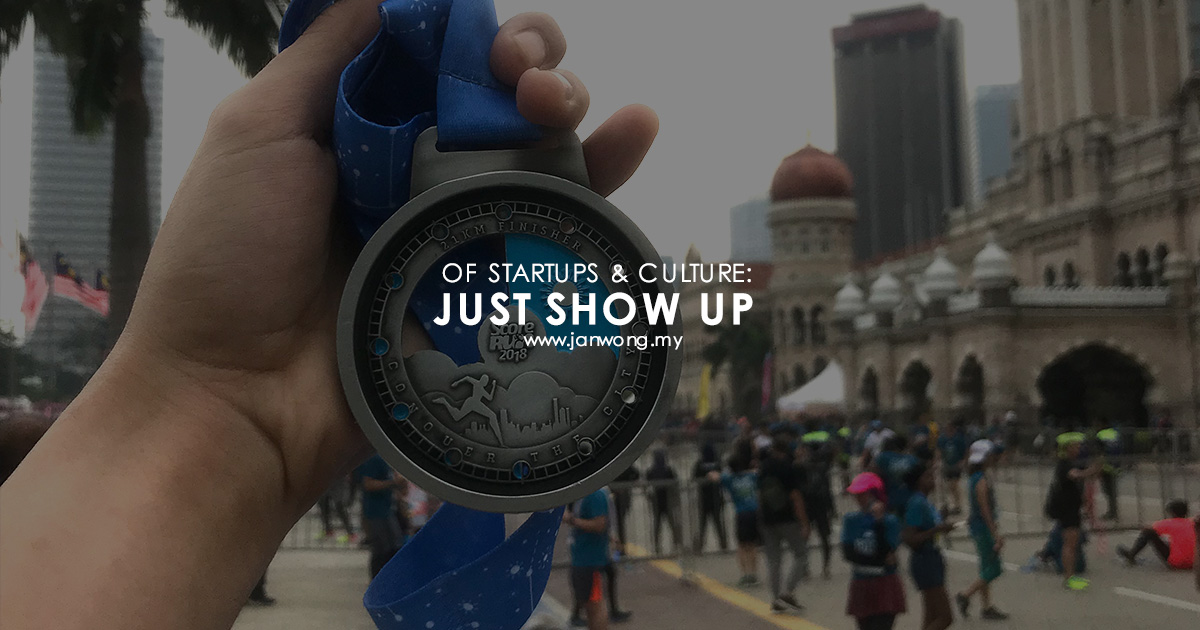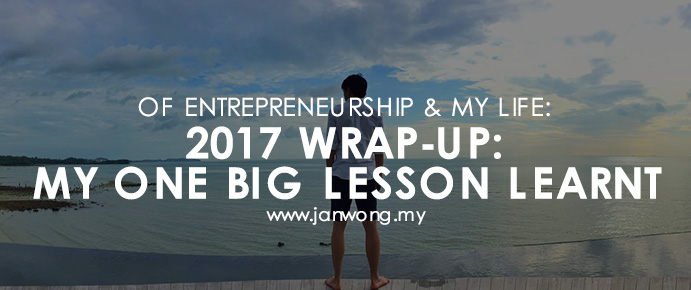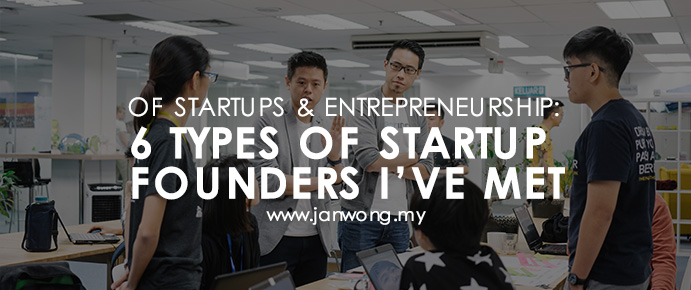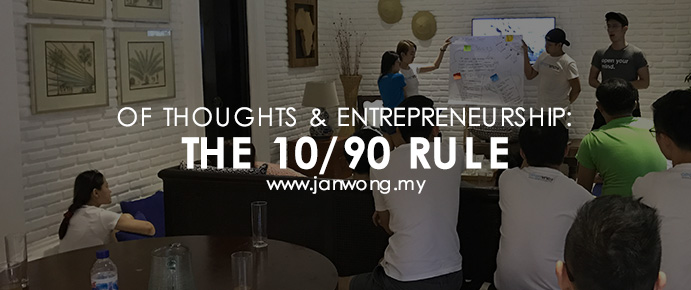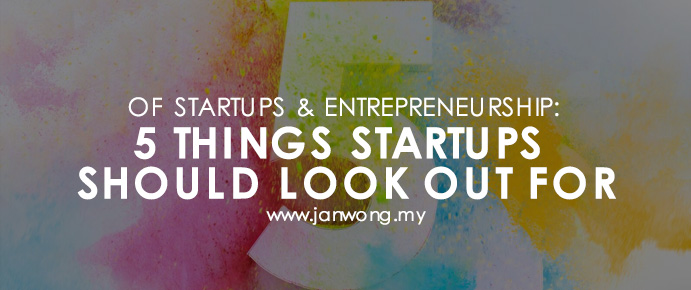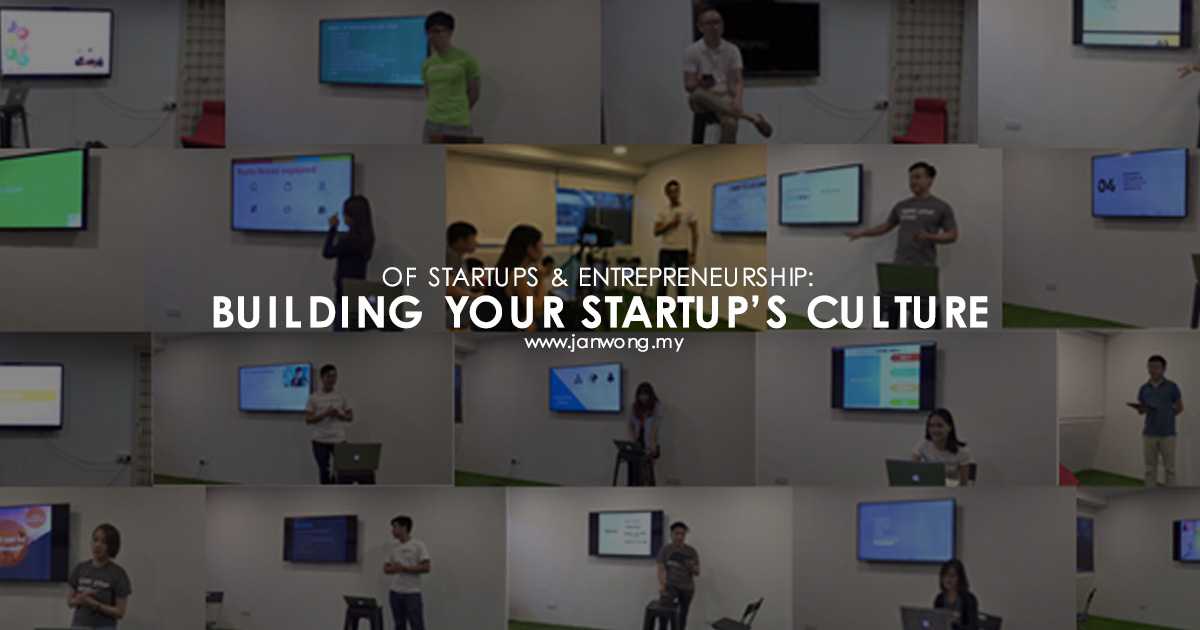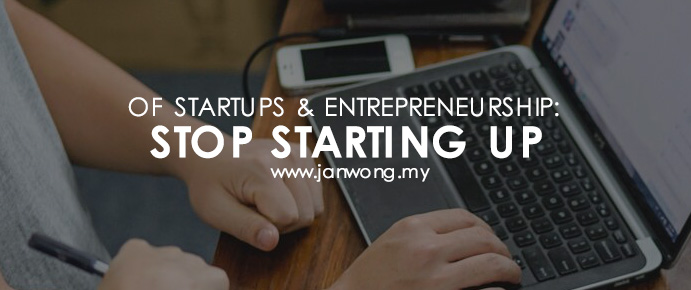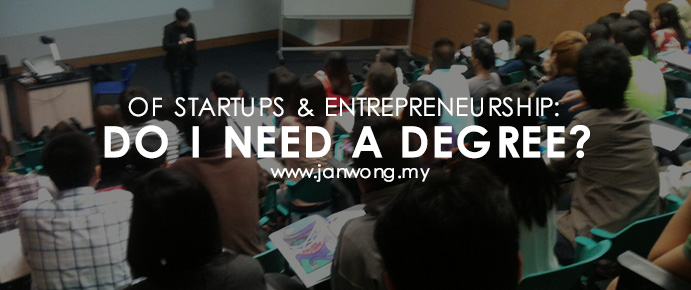Is Personal Branding Still Important in 2021?
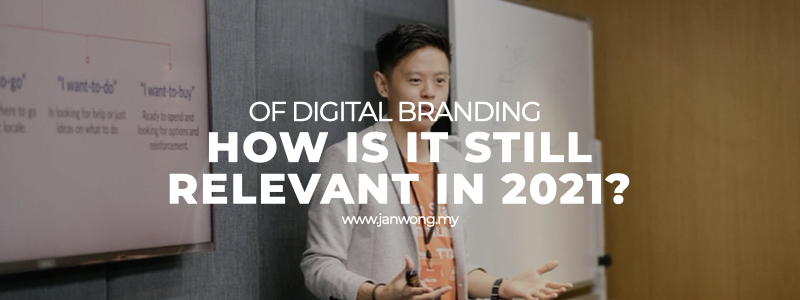
The short answer: Yes.
Think about that time when you were looking for a gift, your next restaurant for food delivery or that item on a marketplace…
Where did you look?
What did you look for?
What caused you to make the final decision?
My guess would be search engines, reviews, ratings, testimonials and maybe even media features. This behaviour is unlikely to change in the coming years as we consumers are increasingly independent (or dependant) in searching for information to validate our decisions and this is the same if we were to look for someone to hire for a job, a company to invest in, or a service to be rendered – we rely on digital cues.
In fact, personal branding is becoming more important in being discovered or establishing your credibility to others that may not know you. Similar to product branding, having just a good product does not guarantee discovery or conversion. You may have an excellent track record in your career or maybe you’re a top student in your university but unless you have your CV published or a wide network for referrals, employers will have no clue of your existence.
The harsh truth is that we rely on digital cues even in people discovery. We take cues from the content you create, the content others create about you, the level of participation you have in events, webinars, groups or LinkedIn, your activity on key social media channels, your website, and your digital portfolio. And it’s really NOT about being a stalker, but that’s just how it is today – we search and discover – from food, ideas, to people.
So stop neglecting your own digital presence and start investing into your own brand! Ask yourself questions like:
What am I planning to achieve? A job? A career advancement? A new opportunity? Receive investment? Be part of a network?
Where do these people hangout at? LinkedIn? TikTok? Facebook Groups? YouTube? Clubhouse? Telegram?
What will they be interested in? Are there specific topics or content types?
Why can I be interesting to them? Is there something I can offer that is unique and original to myself?
How can I appear on their radar? Can I post more often, comment or share more content that is relevant to them?
If you’re able to answer the 5 simple questions above, you’ve already begun your journey on making your personal brand known digitally!

